
December 2020 marks the fifth anniversary of the Paris Agreement. It represented a landmark moment in the global effort to combat climate change and build a better future. However, global progress is not moving at the speed it needs to in order to meet the treaty’s target of keeping global warming below 1.5-2 degrees Celsius.

Explore Carbon Capture by Drax
Countries have set their own decarbonisation targets and many companies have laid out plans to become carbon neutral or even carbon negative – as we at Drax intend to achieve by 2030. While these leading ambitions are important for the UK and the world to meet the goals of the Paris Agreement, real action, polices and investment are needed at scale.
We have a clearer view of the path ahead than five years ago. We know from the recent 6th Carbon Budget that renewable energy, as well as carbon capture, usage and storage (CCUS) are essential for the UK to reach its target of net zero carbon emissions by 2050.
In that detailed, 1,000-page report, the Climate Change Committee (CCC) was clear that progress must be made immediately – the country as a whole must be 78% of the way there by 2035. By investing where it’s needed, the UK can lead the world in a whole new industry. One that may come to define the next century.
Leading the world in decarbonisation
It was a combination of resource and ingenuity that enabled the UK to launch the Industrial Revolution some 250 years ago. Today the country is in a similar position of being able to inspire and help transform the world.
As a country – one that I moved to over 20 years ago now – we have decarbonised at a greater pace than any other over the past decade. Investing in renewable generation such as wind, solar and biomass has allowed the UK to transform its energy systems and set ambitious targets for net zero emissions.

To remain resilient and meet the increased electricity demand of the future, power grids will require vastly increased support from energy storage systems such as pumped hydro – as well as flexible, reliable forms of low and zero carbon power generation.
However, the urgency of climate change means the UK must go beyond decarbonisation to implementing negative emissions technologies (which remove more carbon dioxide (CO2) from the atmosphere than they emit). The CCC, as well as National Grid’s Future Energy Scenarios report have emphasised the necessity of negative emissions for the UK to reach net zero, by removing CO2 not just from energy but other industries too.
The UK can build on its global leadership in decarbonisation to invest in the cutting-edge green technology that can take the country to net zero, establishing it as a world leader for others to follow.
Creating an industry, exporting it to the world
When the Paris agreement was signed, I was just joining Drax. I had been impressed by the power station’s transformation from coal to biomass – Europe’s largest decarbonisation project – supporting thousands of jobs in the process.
Five years on and I’m excited for the next stage: delivering negative emissions. By deploying bioenergy with carbon capture and storage (BECCS) we can permanently remove CO2 from the atmosphere while producing renewable electricity.
Drax has successfully piloted BECCS and is ready to deploy it at scale as part of our Zero Carbon Humber partnership.
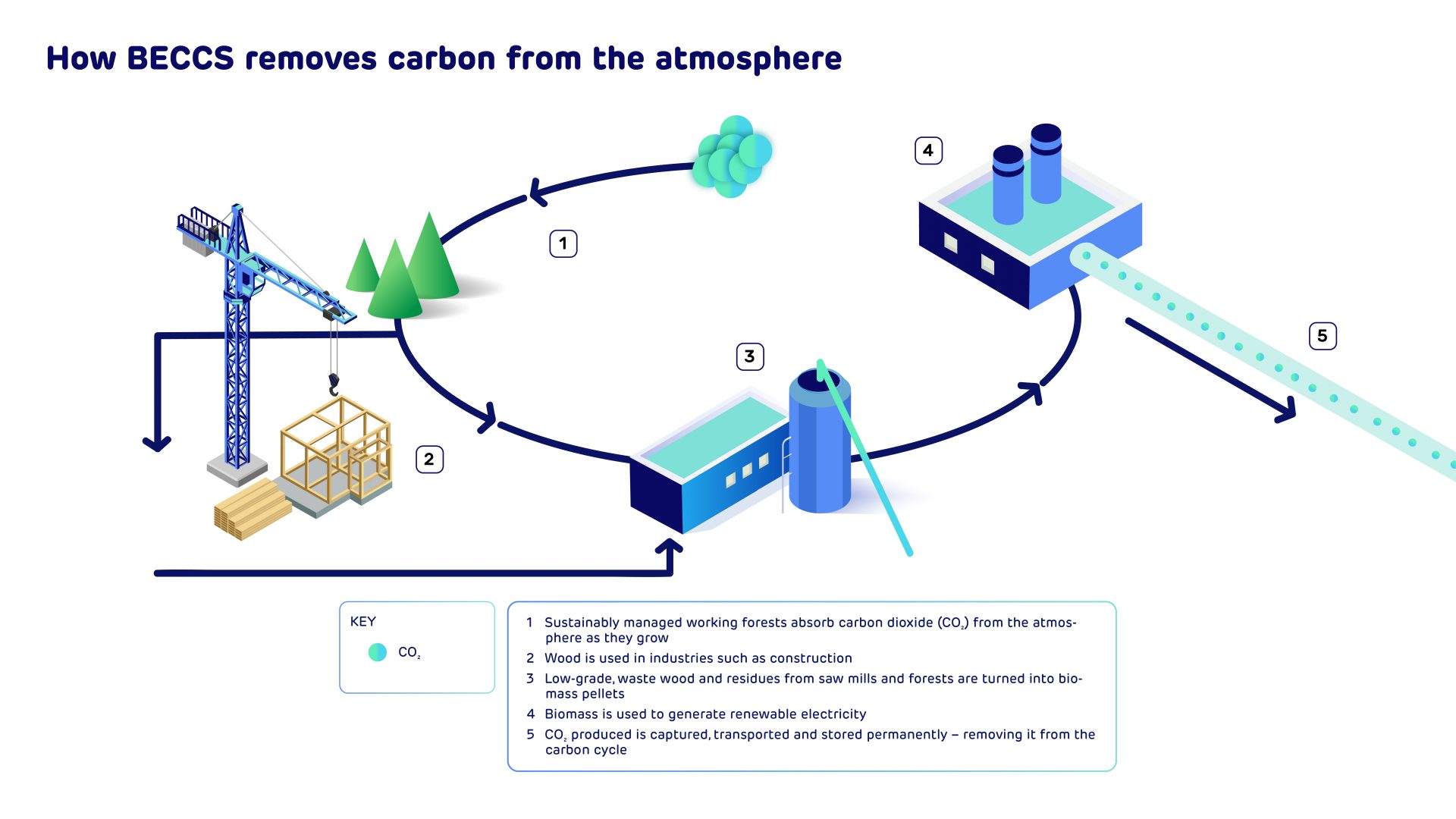
Click graphic to view. Find out more about Bioenergy with carbon capture and storage (BECCS) and negative emissions.
I’m confident the partnership with other leading energy, industrial and academic organisations can act as a revitalising force in a region that has historically been under-invested in, protect 55,000 jobs and create 50,000 new opportunities.
Developing the supply chain surrounding a world-leading zero-carbon cluster in the Humber could deliver a £3.2 billion economic boost to the wider economy as we emerge from the COVID-19 pandemic.
I believe we can establish a new industry to export globally. The Humber’s ports have a long history of trade and we can build on this legacy. The machinery, equipment and services needed to develop BECCS and Zero Carbon Humber will be an essential export as the rest of the world races to decarbonise.
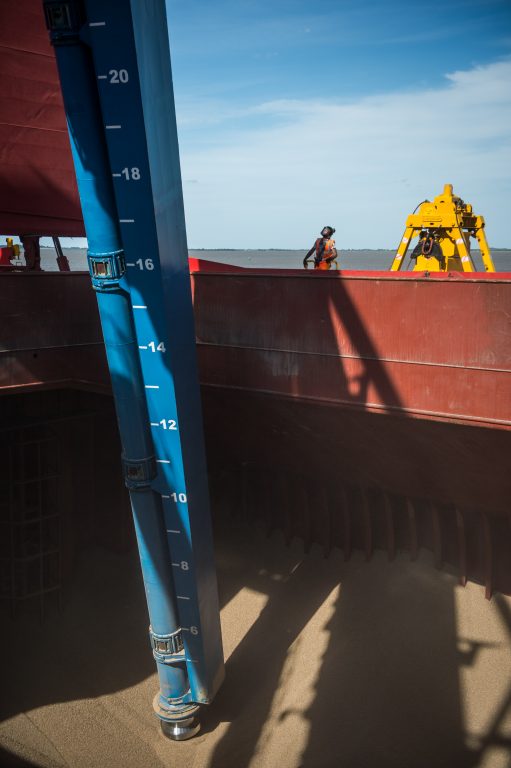
Unloading sustainable biomass wood pellets destined for Drax Power Station from a vessel at the port of Immingham
By providing training and partnering with educational institutions we can increase scientific and technical skills. Net zero industrial clusters can enable more in society the opportunity to have rewarding and fulfilling engineering, energy and environmental careers.
This model can reach around the world – positioning people and businesses to help countries to reach the collective goals of Paris Agreements.
The economic benefits for such achievements far outweigh the costs of failing to stem global warming and we are ready to invest in the technologies needed to do so. With robust government policies in place, a net zero future could cost as little as 1% of GDP over the next 30 years.
Countering climate change is a once-in-a-lifetime challenge for the world, but also a once-in-a-lifetime opportunity to build a sustainable future with sustainable jobs, improved standards of living, health and wellbeing. The UK has a responsibility to use its expertise and resources, setting in place the structures that can allow companies like mine – Drax – to lead the world to reaching the Paris Agreement’s targets and beyond.





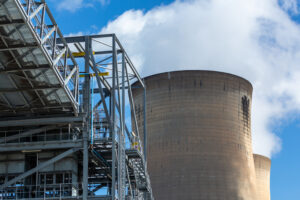




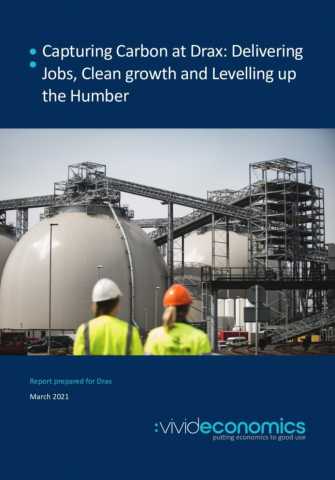
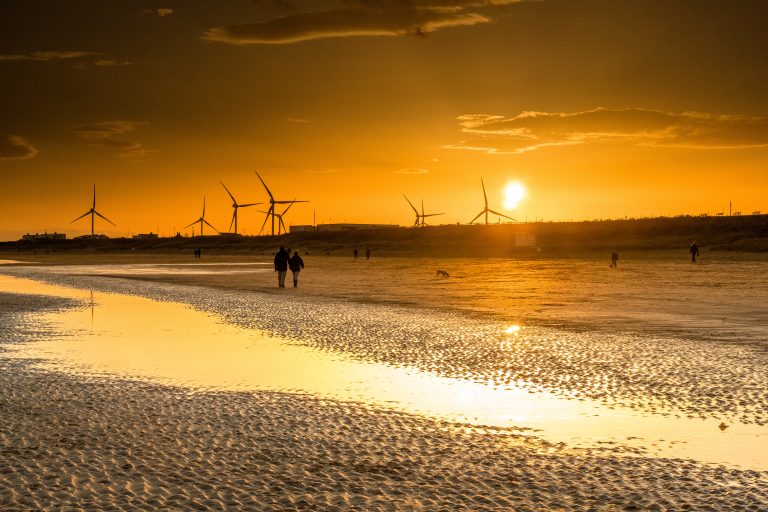

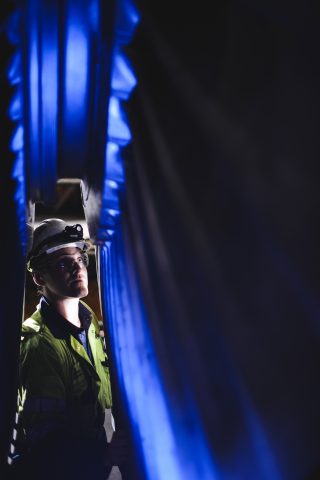
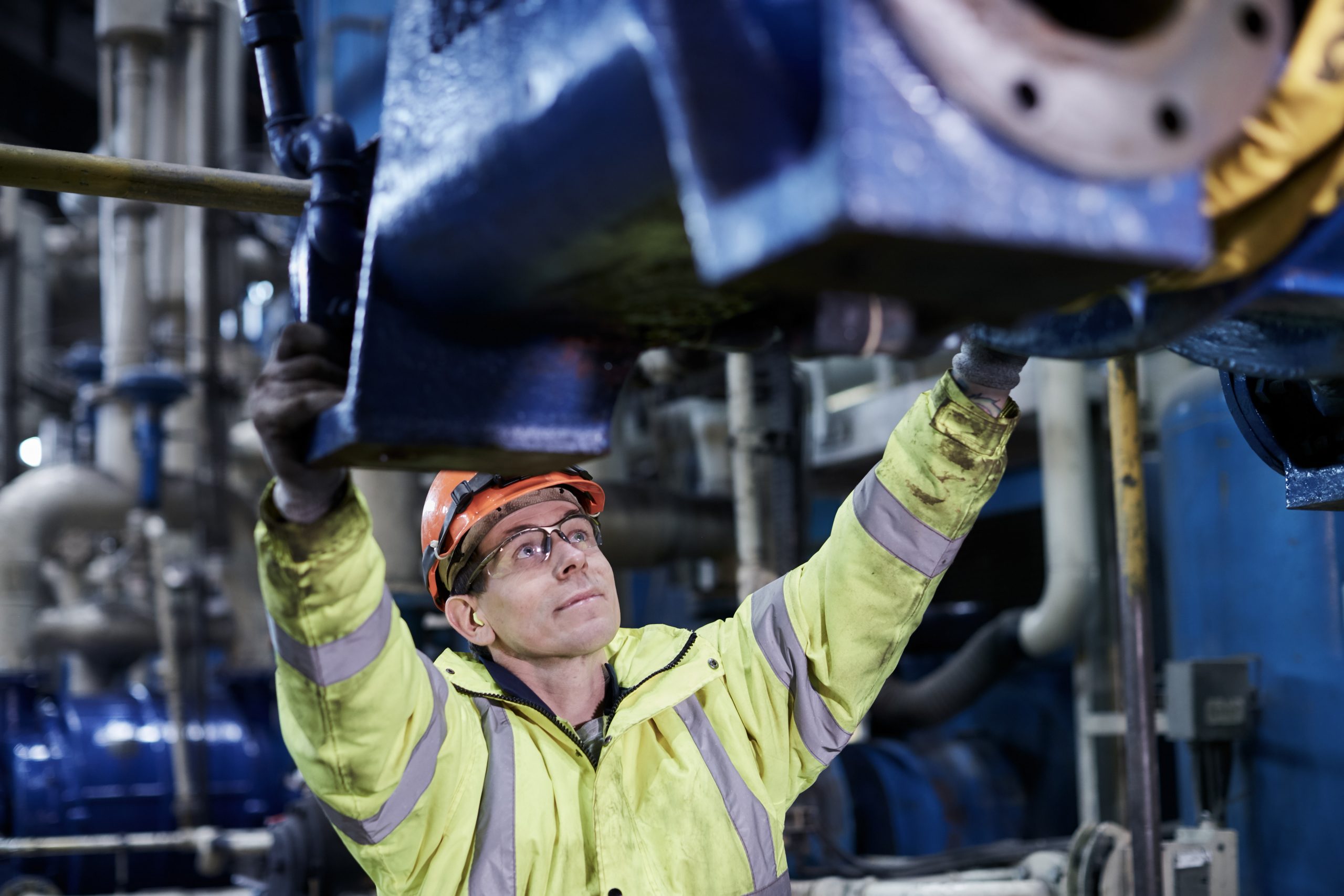

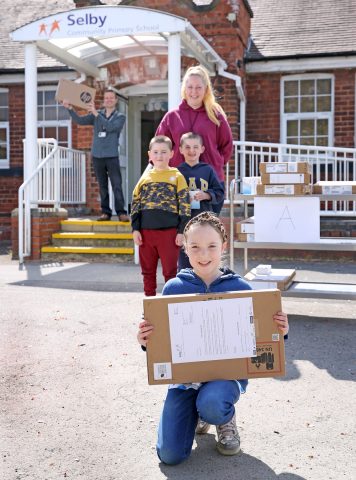
 It’s clear that care homes require extra support at this time. We are offering energy bill relief for more than 170 small care homes situated near our UK operations for the next two months, allowing them to divert funds to their other priorities such as PPE, food or carer accommodation.
It’s clear that care homes require extra support at this time. We are offering energy bill relief for more than 170 small care homes situated near our UK operations for the next two months, allowing them to divert funds to their other priorities such as PPE, food or carer accommodation.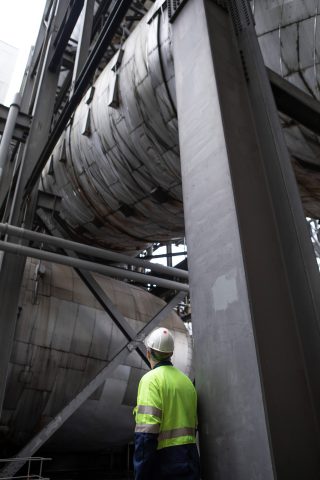


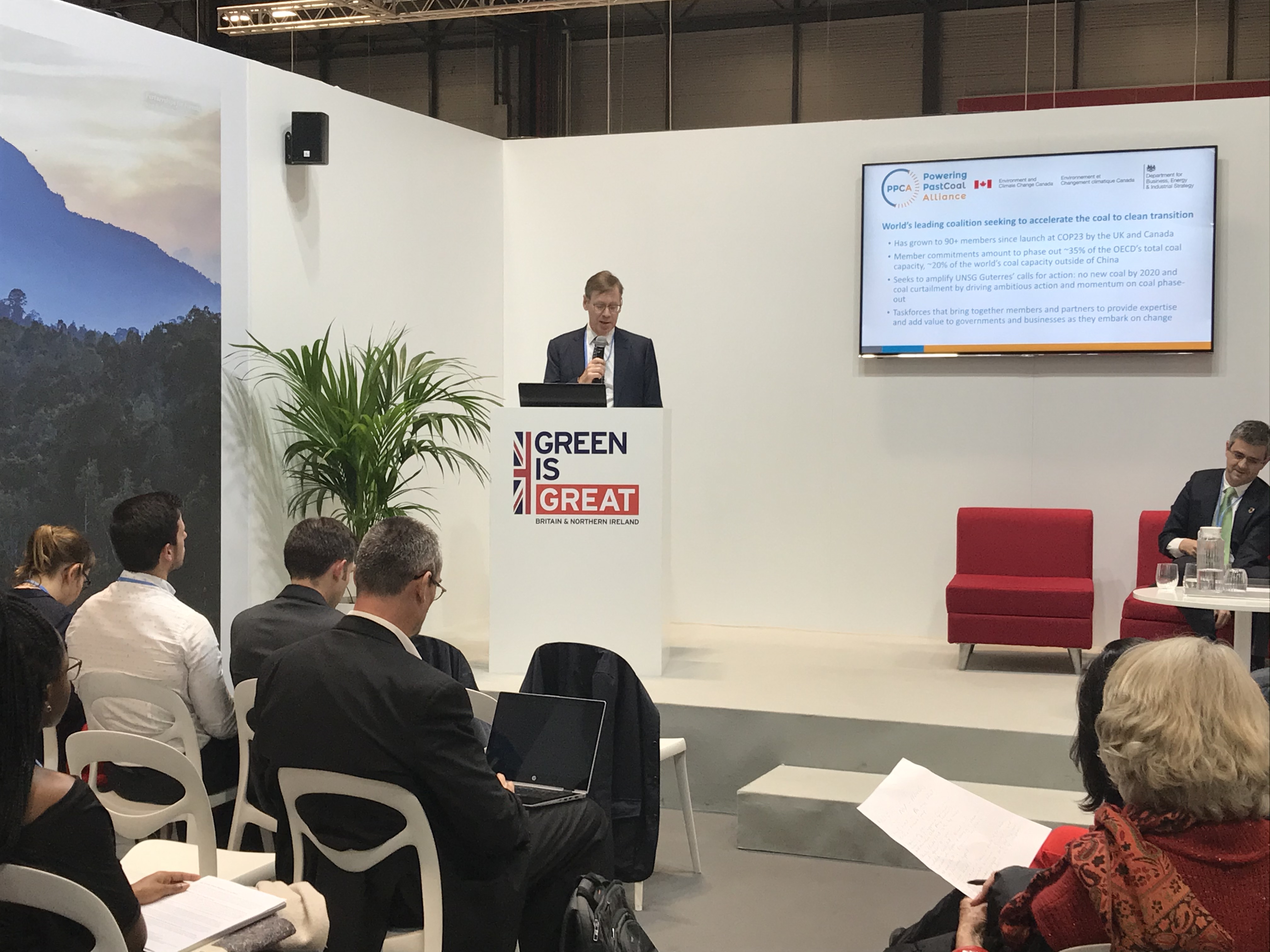


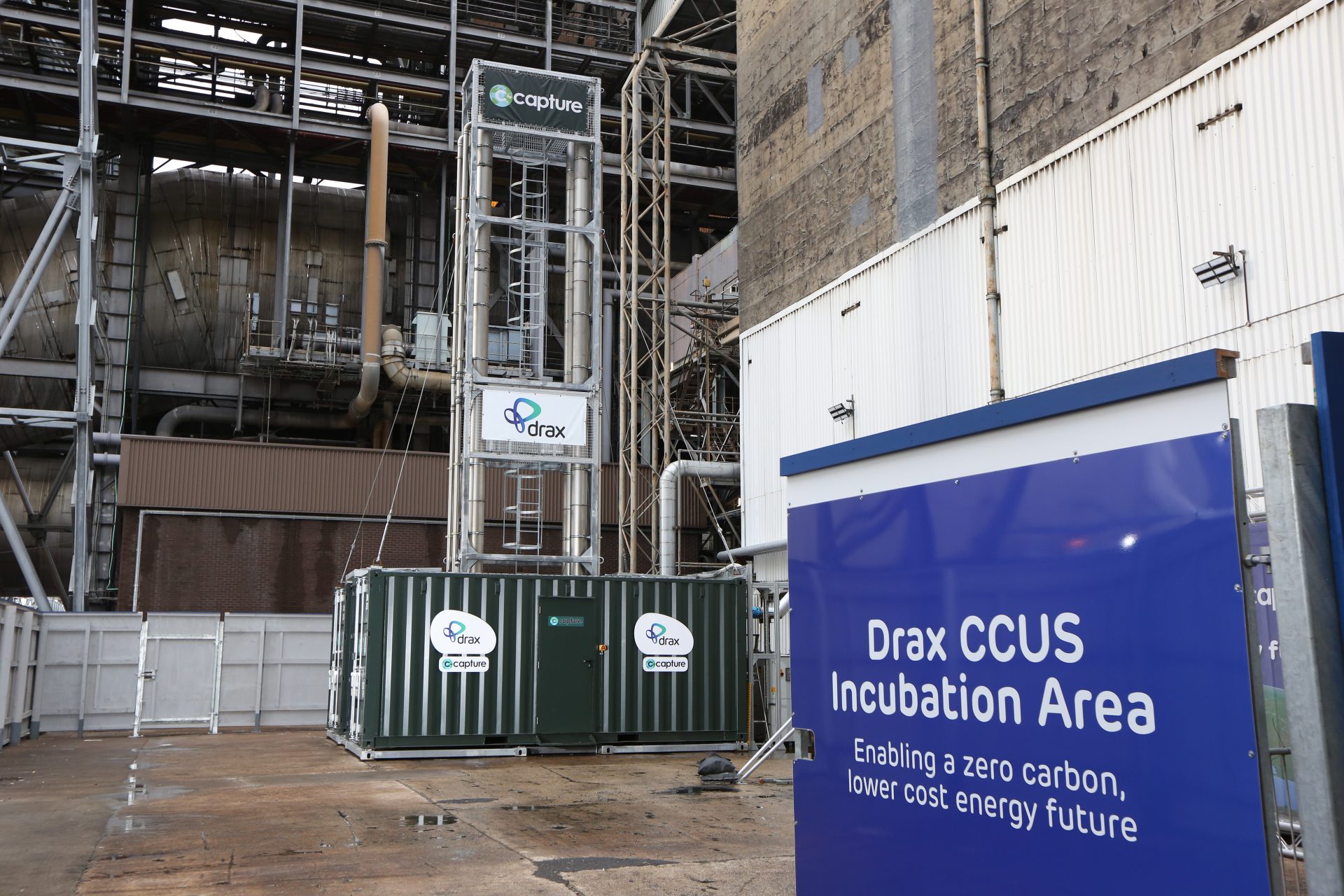
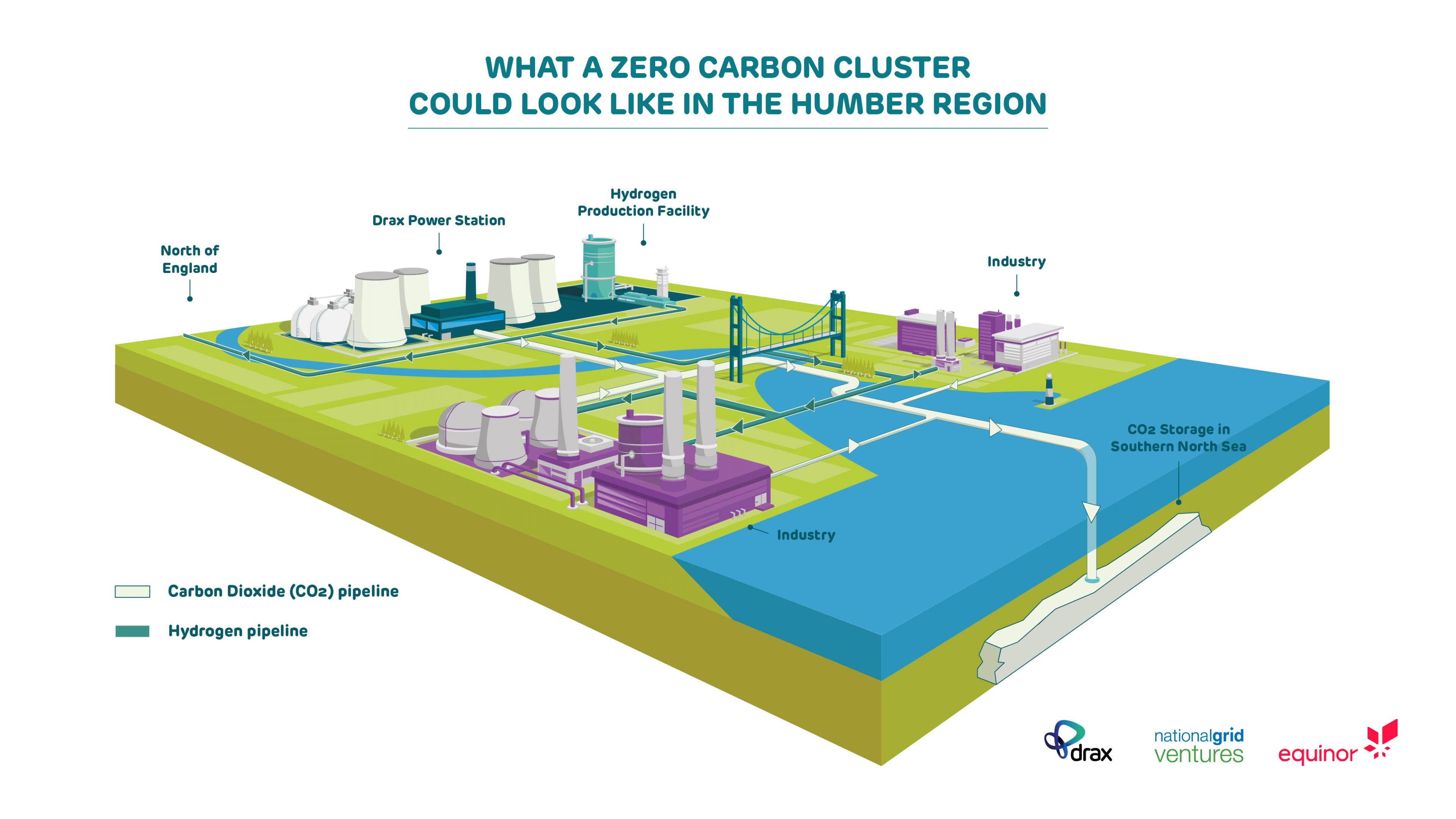




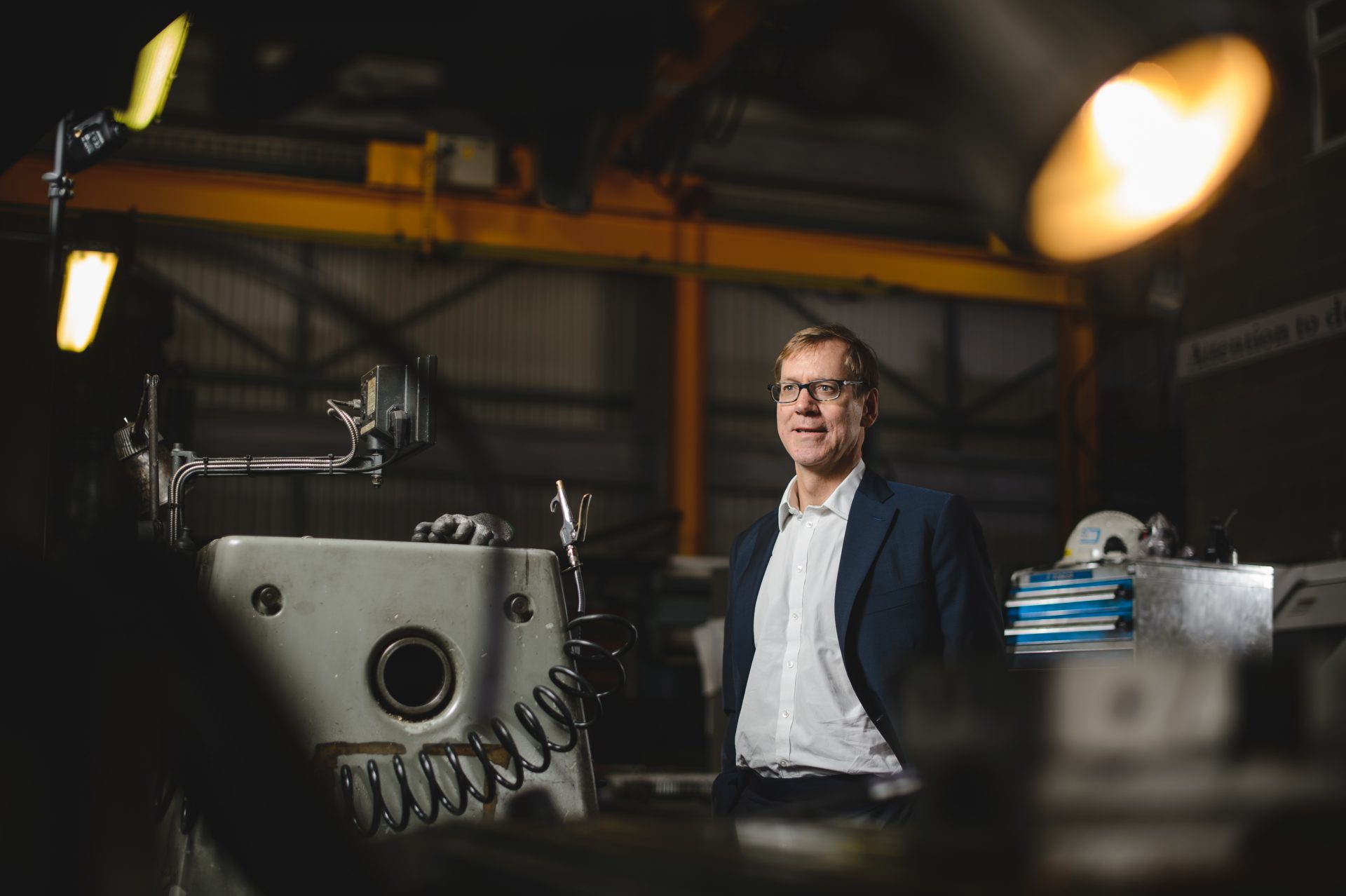
 Alongside this, our plans to repower the last of our coal-fired units to highly-efficient combined cycle gas turbines (CCGT) and build four, rapid-response open cycle gas turbines (OCGT) will give the electricity system the
Alongside this, our plans to repower the last of our coal-fired units to highly-efficient combined cycle gas turbines (CCGT) and build four, rapid-response open cycle gas turbines (OCGT) will give the electricity system the 

